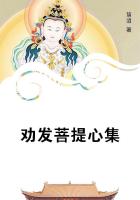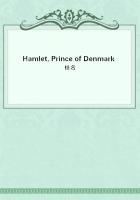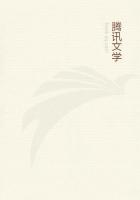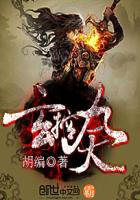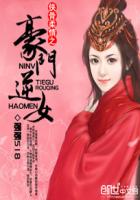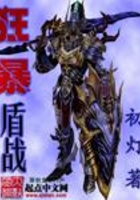WE have explained under what conditions 'combination', 'contact', and 'action-passion' are attributable to the things which undergo natural change. Further, we have discussed 'unqualified'
coming-to-be and passing-away, and explained under what conditions they are predicable, of what subject, and owing to what cause.
Similarly, we have also discussed 'alteration', and explained what 'altering' is and how it differs from coming-to-be and passing-away.
But we have still to investigate the so-called 'elements' of bodies.
For the complex substances whose formation and maintenance are due to natural processes all presuppose the perceptible bodies as the condition of their coming-to-be and passing-away: but philosophers disagree in regard to the matter which underlies these perceptible bodies. Some maintain it is single, supposing it to be, e.g. Air or Fire, or an 'intermediate' between these two (but still a body with a separate existence). Others, on the contrary, postulate two or more materials-ascribing to their 'association' and 'dissociation', or to their 'alteration', the coming-to-be and passing-away of things.
(Some, for instance, postulate Fire and Earth: some add Air, making three: and some, like Empedocles, reckon Water as well, thus postulating four.)Now we may agree that the primary materials, whose change (whether it be 'association and dissociation' or a process of another kind)results in coming-to-be and passingaway, are rightly described as 'originative sources, i.e. elements'. But (i) those thinkers are in error who postulate, beside the bodies we have mentioned, a single matter-and that corporeal and separable matter. For this 'body' of theirs cannot possibly exist without a 'perceptible contrariety': this 'Boundless', which some thinkers identify with the 'original real', must be either light or heavy, either cold or hot. And (ii) what Plato has written in the Timaeus is not based on any precisely-articulated conception. For he has not stated clearly whether his 'Omnirecipient" exists in separation from the 'elements'; nor does he make any use of it. He says, indeed, that it is a substratum prior to the so-called 'elements'-underlying them, as gold underlies the things that are fashioned of gold. (And yet this comparison, if thus expressed, is itself open to criticism. Things which come-to-be and pass-away cannot be called by the name of the material out of which they have come-tobe: it is only the results of 'alteration'
which retain the name of the substratum whose 'alterations' they are. However, he actually says' that the truest account is to affirm that each of them is "gold"'.) Nevertheless he carries his analysis of the 'elements'-solids though they are-back to 'planes', and it is impossible for 'the Nurse' (i.e. the primary matter) to be identical with 'the planes'.
Our own doctrine is that although there is a matter of the perceptible bodies (a matter out of which the so-called 'clements'
come-to-be), it has no separate existence, but is always bound up with a contrariety. A more precise account of these presuppositions has been given in another work': we must, however, give a detailed explanation of the primary bodies as well, since they too are similarly derived from the matter. We must reckon as an 'originative source' and as 'primary' the matter which underlies, though it is inseparable from, the contrary qualities: for the hot' is not matter for 'the cold' nor 'the cold' for 'the hot', but the substratum is matter for them both. We therefore have to recognize three 'originative sources': firstly that which potentially perceptible body, secondly the contrarieties (I mean, e.g. heat and cold), and thirdly Fire, Water, and the like. Only 'thirdly', however: for these bodies change into one another (they are not immutable as Empedocles and other thinkers assert, since 'alteration' would then have been impossible), whereas the contrarieties do not change.
Nevertheless, even so the question remains: What sorts of contrarieties, and how many of them, are to be accounted 'originative sources' of body? For all the other thinkers assume and use them without explaining why they are these or why they are just so many.

